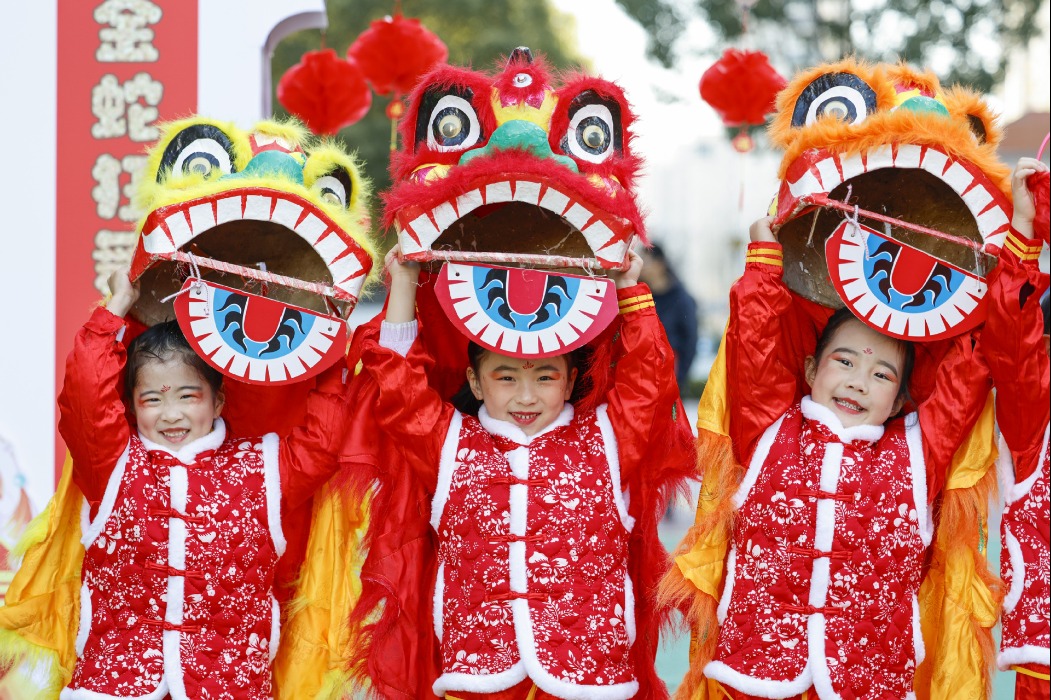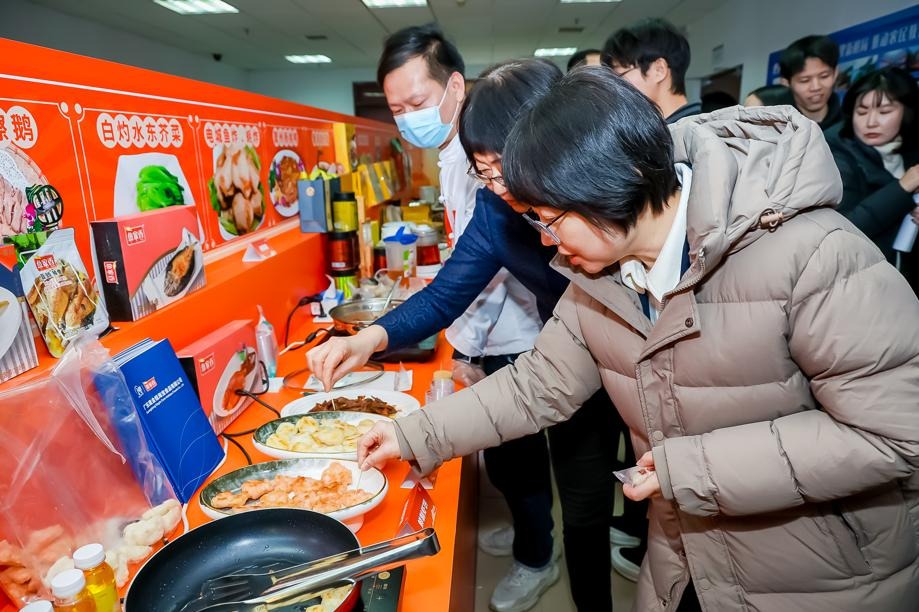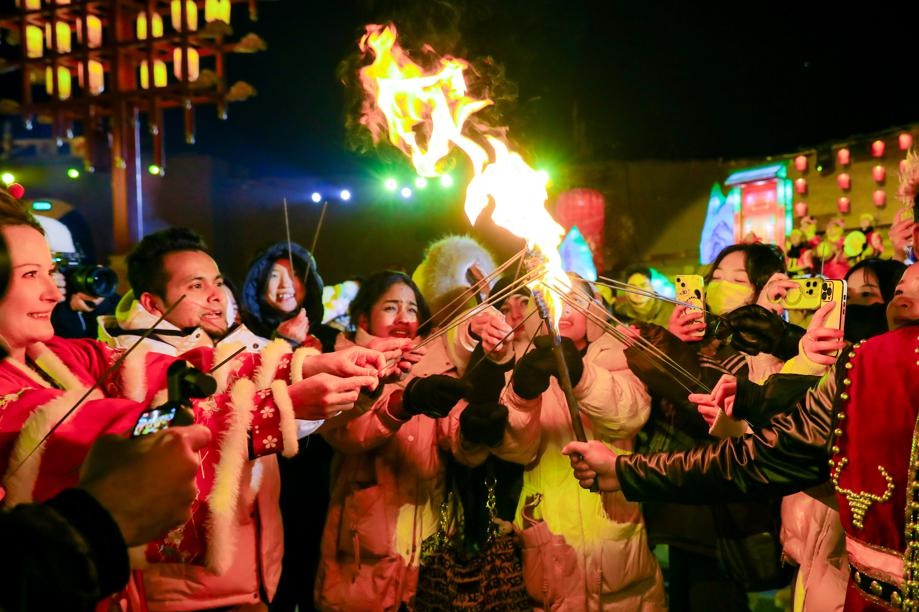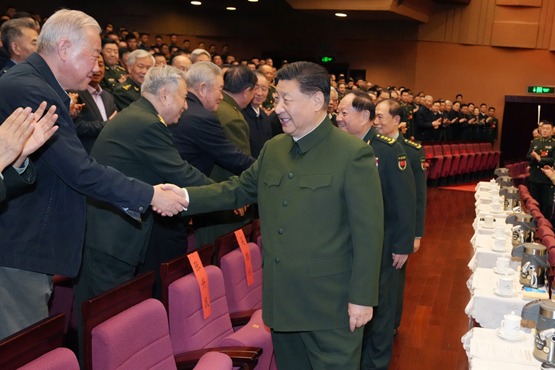Politicization of virus must stop, meeting told

Officials and experts have urged the international community to stop politicizing the novel coronavirus and unite immediately to provide assistance to developing countries and address the unequal worldwide distribution of COVID-19 vaccines.
Speaking at an international online meeting on Tuesday, Jiang Duan, a senior official at the Chinese mission to the United Nations in Geneva, said it is vital to take a scientific approach in investigating the origin of the virus and stand firm in opposing any attempts at politicization.
The online meeting on protection of the rights of life and health in the context of the COVID-19 pandemic was held on the sidelines of the 48th Session of the UN Human Rights Council.
Jiang said the principle of putting the lives of people first must be held onto resolutely, and international cooperation should be intensified to help developing countries weather the impact of the pandemic.
He said China has made remarkable contributions to curtailing the spread of the virus and delivering medical aid-particularly Chinese-made COVID-19 vaccines-to the developing world.
China has provided over 1 billion doses of finished and bulk vaccines to more than 100 countries and international organizations, and has collaborated with foreign manufacturers to facilitate local production of vaccines developed in China, Jiang said.
The country has pledged to supply a total of 2 billion doses of vaccine by the end of this year, he said.
"We have been extremely open, transparent and responsible in taking part in international cooperation against the virus," he said, adding that the country stands ready to deepen cooperation in battling the virus.
Tom Zwart, a professor in cross-cultural law at Utrecht University in the Netherlands and director of the Free University of Amsterdam's cross-cultural human rights center, said politicizing the virus will hamper global efforts to rein it in and will ultimately cost lives.
Saying some countries had attempted to abuse international laws to serve their own political interests, Zwart called for political leaders around the world to devise and abide by a more actionable, rules-based international order.
Zhang Wei, a professor at Beijing-based China University of Political Science and Law's Institute for Human Rights, said that while exhausting all means to save every single infected person, China has also rolled out intensive and wide-ranging humanitarian assistance overseas, striving to make vaccines more accessible in developing economies.
"If vaccine inequity continues to exist, the virus will keep circulating," he said.
Peter Herrmann, a researcher at Central South University's Human Rights Center in Changsha, Hunan province, expressed appreciation for China's action in supplying vaccines to the developing world.
He called on developed economies to take on more responsibility in helping poorer countries cope with the pandemic.





































